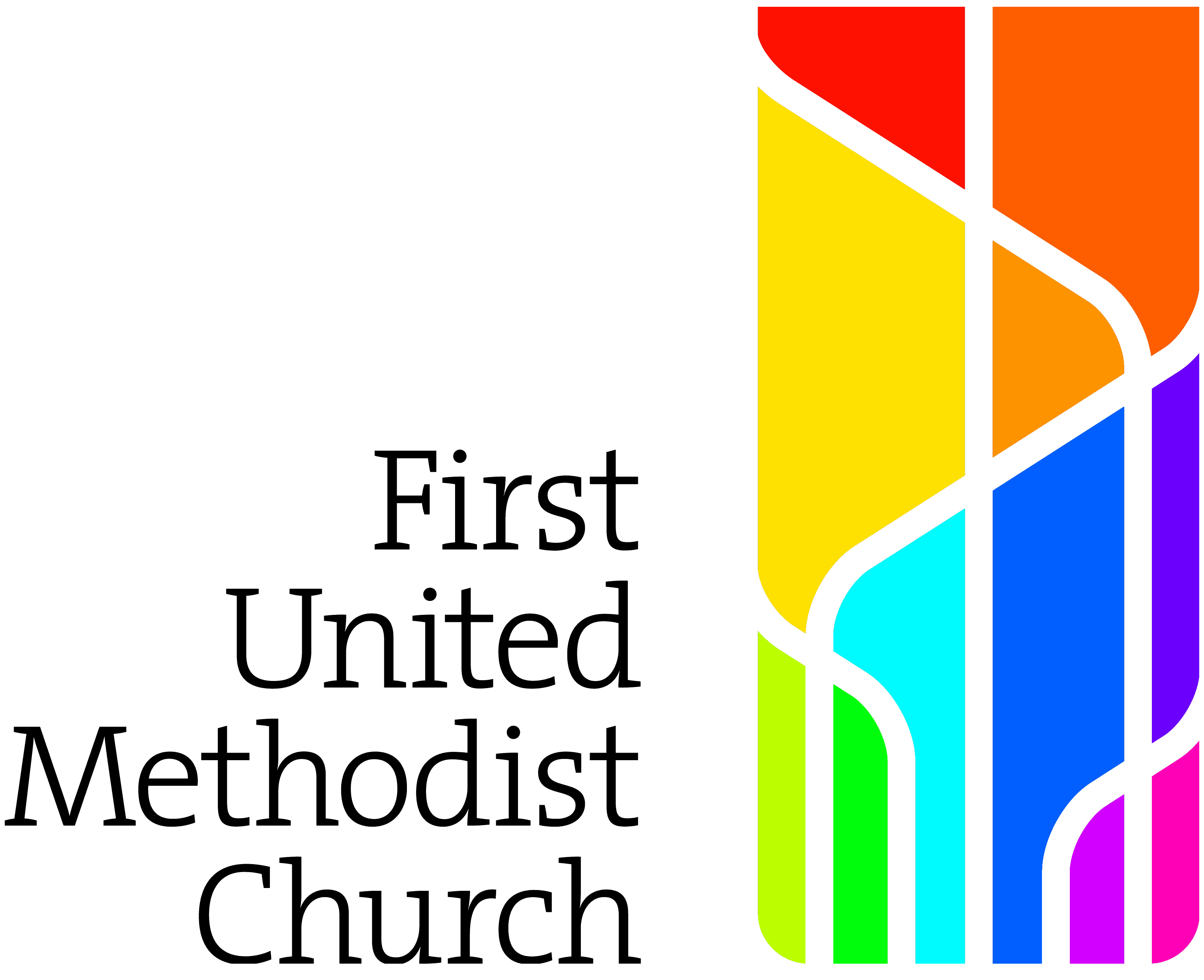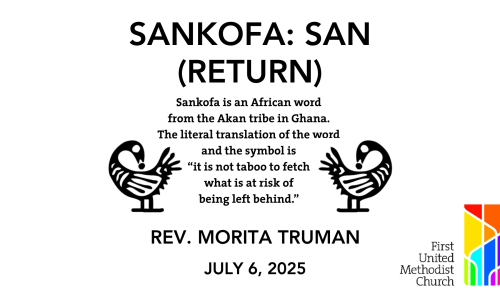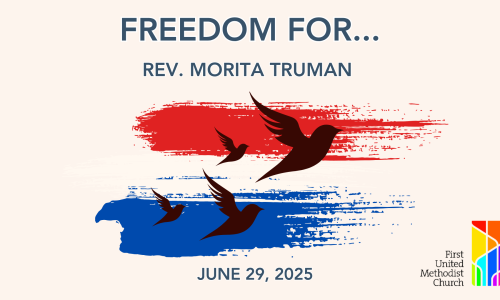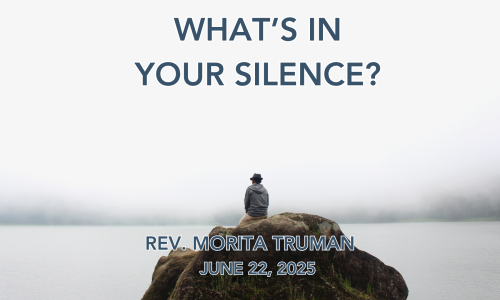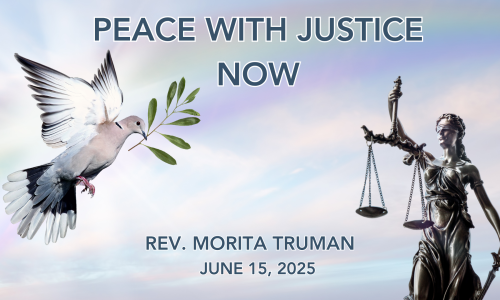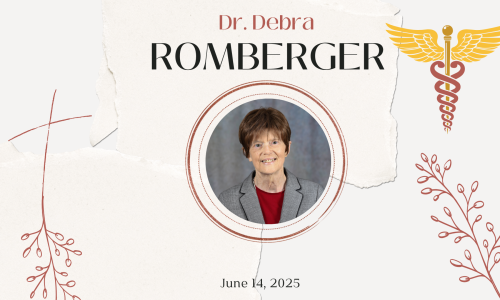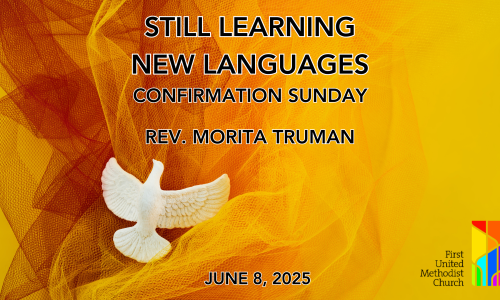WISDOM READINGS:
Isaiah 42:1-9
Here is my servant, whom I uphold, my chosen, in whom my soul delights; I have put my spirit upon him; he will bring forth justice to the nations. He will not cry or lift up his voice, or make it heard in the street; a bruised reed he will not break, and a dimly burning wick he will not quench; he will faithfully bring forth justice. He will not grow faint or be crushed until he has established justice in the earth; and the coastlands wait for his teaching. Thus says God, the Lord, who created the heavens and stretched them out, who spread out the earth and what comes from it, who gives breath to the people upon it and spirit to those who walk in it: I am the Lord, I have called you in righteousness, I have taken you by the hand and kept you; I have given you as a covenant to the people, a light to the nations, to open the eyes that are blind, to bring out the prisoners from the dungeon, from the prison those who sit in darkness. I am the Lord, that is my name; my glory I give to no other, nor my praise to idols. See, the former things have come to pass, and new things I now declare; before they spring forth, I tell you of them.
Message – “Separation of Church and State”
I’m Nora Graham, a pastoral intern at Urban Abbey this summer, and I will be a sophomore at Marquette University in the fall.
As someone who has always attended public schools, you can imagine my surprise when I stepped foot on the campus of my private Jesuit university last fall and found myself surrounded by people who had attended private Catholic schools their entire life. It was a new experience for me to have my faith and education challenged at the same time, particularly in my theology class and my social welfare and justice class. Although I had previously learned a lot of the material taught in my intro to theology class, I had never had to hand in a paper about conversions or anything else Bible related. My faith education up to that point had consisted of discussions during Sunday school and maybe a bit of scripture reading here and there. Now, I had to read several chapters of the Bible each night and take a reading quiz on the material every other week. Additionally, my social welfare and justice class was taught by a Catholic deacon who centered our discussions in class around the Catholic Social Teachings. For me, this solidified the union between my faith and the social justice issues that I had learned about growing up.
Throughout my years of education at public schools, religion was not discussed in class, due to the separation of church and state. I mean sure, I generally knew which of my classmates did or didn’t go to church, but honestly, I still have no idea what church my best friends went to. For me, church was separate from school. I had my church friends, and I had my school friends, and these two groups of people, both super important to me, knew separate sides of me. In that way, the separation of church and state affected not just what I learned in the classroom but also the way I communicated with others.
I think it is interesting the extent to which American society has gone to create an illusion that there is a separation between church and state, when it was founded on very Christian principles. In Forrest Church’s book, The American Creed: A Biography of the Declaration of Independence, he discusses this in depth, particularly America’s relationship to the Bible. Religion has always played and continues to play a significant role in the policies and legislation passed and blocked by politicians. As Americans on both sides of the aisle, we have a tendency to hold up the constitution as the be all end all of American values and firmly believe that our Founding Fathers knew what was best…but did they? Our founding fathers were slave owners, they were racist, sexist and xenophobic and let’s be honest, probably homophobic too. We still consider the Constitution and its amendments to be untouchable, even though there are parts that are too often taken out of context. Take the 2nd Amendment for example, it was originally written with the intention of allowing state militias and to give people the right to defend themselves. But the authors never imagined that there would be military-grade weapons available to the average civilian and that supporters of that same amendment would uphold their words in the face of school shootings and senseless deaths.
The role of the Constitution in American society is like the role of the Bible in Christianity. Christians, for thousands of years, have accepted the Bible as the word of God when in reality, a bunch of old white dudes sat down and decided what the world could and could not know about Jesus, hundreds of years after he walked the earth. There are countless examples of ways that the original Hebrew and Aramaic texts are translated incorrectly, conveying a different meaning in English. For example, passages that conservatives cite condemning “homosexuality” in the Bible are instead condemning acts of sexual violence. In fact, the Bible never even uses the word “homosexuality,” that interpretation was not added until the 20th century. This demonstrates the ways that language is manipulated to change the meaning perceived by the audience and influencing their perspective.
Our scripture today comes from a series of references to God’s servant and alludes to the covenant God makes with Abraham in the book of Genesis. This passage includes a servant, whose identity is unknown but most likely refers to Cyrus, the King of Persia and the one who brings Israel out of exile, or it could be referring to Israel as a whole, which is the interpretation I prefer. God is reminding Israel of their covenant and calling on Israel to seek justice in all the lands. This is significant because most Old Testament references to justice are only in relation to justice for the people of Israel, not justice for Israel and all the nations. Apart from the interpretation of the servant as Israel, I would like for us to hear God’s calling to the servant as Americans and people of faith. Or better yet, imagine the servant as those living in marginalized communities, and instead see yourself in the supporting role, or ally, as part of the nations who will also receive justice and can help the process but are not the ones in great need of justice.
To me, the most important aspect of this scripture is that the servant will not falter in their pursuit of justice, that despite the great obstacles that lie ahead, the servant will prevail. God also points out that the servant is already equipped with everything that they need to do God’s work. This leadership style does not rely on, “images of political or military might or even a powerful preaching or teaching.” To me, this makes the servant start to sound like a “perfect leader,” yet this leadership style goes against the standards for officials of the day, and even our modern expectations. It is important to note that the servant is not expected to accomplish all this by themselves or even aided by a community, because although they cannot fail, they cannot not do this work alone, and God will be with them every step of the way. Israel’s past is riddled with violence and injustice, and they have forgotten their calling. The future God lays out for them involves non-violence and justice for all the nations.
Nonviolence is a key theme is this passage, the idea that one can resist oppression and injustice in ways that do not include violence. Yet, Jesus was killed despite his non-violent movement. Just as Martin Luther King Jr was assassinated even though he is heralded as the leader of the greatest non-violent Civil Rights Movements. So, you might be wondering, does non-violence even work? Is this truly the way to seek justice if all it does is result in the deaths of its leaders? Well consider Malcolm X, also assassinated even though he acknowledged that the injustices Black Americans were facing called for a violent response. The main difference between Malcolm X and Martin Luther King Jr and Jesus was that Malcolm X’s death was easier for white people to justify because he called for violence. MLK and Jesus are instead held up as martyrs and heroes of their respective movements. In doing so, their complicated and intrinsically human lives are reduced to tales of their successes, never acknowledging the fullness of what they stood for, allowing supporters to pick and choose which aspects of the narrative they wish to pass down. So, instead of questioning non-violent or violent responses, we must acknowledge that the fact that these leaders spoke out against the institutions is what led to their deaths, not the way they responded. In the end it does not matter how we respond, it is the fact that we are questioning authority and refusing to go along with the old ways that makes us dangerous, makes us revolutionary.
In this passage from Isaiah, there is a sense of “chosen-ness,” or a sort of exclusionary language that implies that some people are meant to bring justice while others must be brought to justice. This dichotomy can be incredibly damaging in the wrong hands and has led to violence and a sense of entitlement for some groups. Christianity, as a whole, has a superiority complex, especially in the narrative that only some people are going to heaven, and everyone who is not saved and does not accept Jesus Christ as their Lord and Savior is going to hell. This innate superiority complex translated itself into the foundation of the United States, especially in westward expansion and the idea of Manifest Destiny. When America was discovered, Europeans viewed it as a sort of Eden, perfect and untouched, but then greed got in the way and we bit into the metaphorical apple, leading to a genocide and centuries of oppression. This narrative is so dangerous because it leads to the belief that because only some people are going to heaven, only some people deserve to go to heaven; and that it is some people’s God-given right to be better than others leading to the deaths of innocent people by the hands of a mob. Need I remind you that lynchings are not just something that happened in history or just in the South, because in the month of June there were 5 lynchings classified as suicides across the United States, and in the 20 days following the murder of George Floyd, 120 innocent people have lost their lives due to police brutality and other acts of hatred. White supremacy is still alive and well, and I would argue that Christianity plays a role in that. We can all recognize that white supremacy is awful and terrible, but we also need to recognize our own role in its perpetuation.
As we prepare to fight this injustice as allies, we need to ask ourselves the questions proposed by theologian James Cobb Jr: Does our congregation embody the justice proclaimed by Jesus? Have our values been swallowed up into the culture that surrounds us, or is it the pursuit of wealth and power that controls our churches? As Methodists and Americans, we are called to seek justice in all the ways we can, by all the means we can as long as we ever can. As the George Washington character says in the musical Hamilton, it was the founding fathers’ intention that “everyone shall sit under their own vine and fig tree and no one shall make them afraid, they’ll be safe in the nation we’ve made.” So, until every Black person, Native person, Asian person, LGBTQ+ person, Hispanic and Latinx person feels safe in this nation, we are called to continue to fight against injustice and oppression. One cannot say “Black Lives Matter” without also advocating for the abolition of the police, the abolition of the prison industrial complex, healthcare for all, the end of climate change, protecting women’s reproductive rights, immigration reform and a separation from capitalistic ideals. We must acknowledge that all these issues are interconnected, and we cannot address one without addressing all systems of oppression. It is now, more than ever that we need to rely on our identities as Americans and as Christians to fight for an end to all systems and institutions that perpetuate injustice. This is God’s reminder and God’s call for us, that we will bring justice to all nations and that despite great obstacles we will prevail.
Nora Graham
